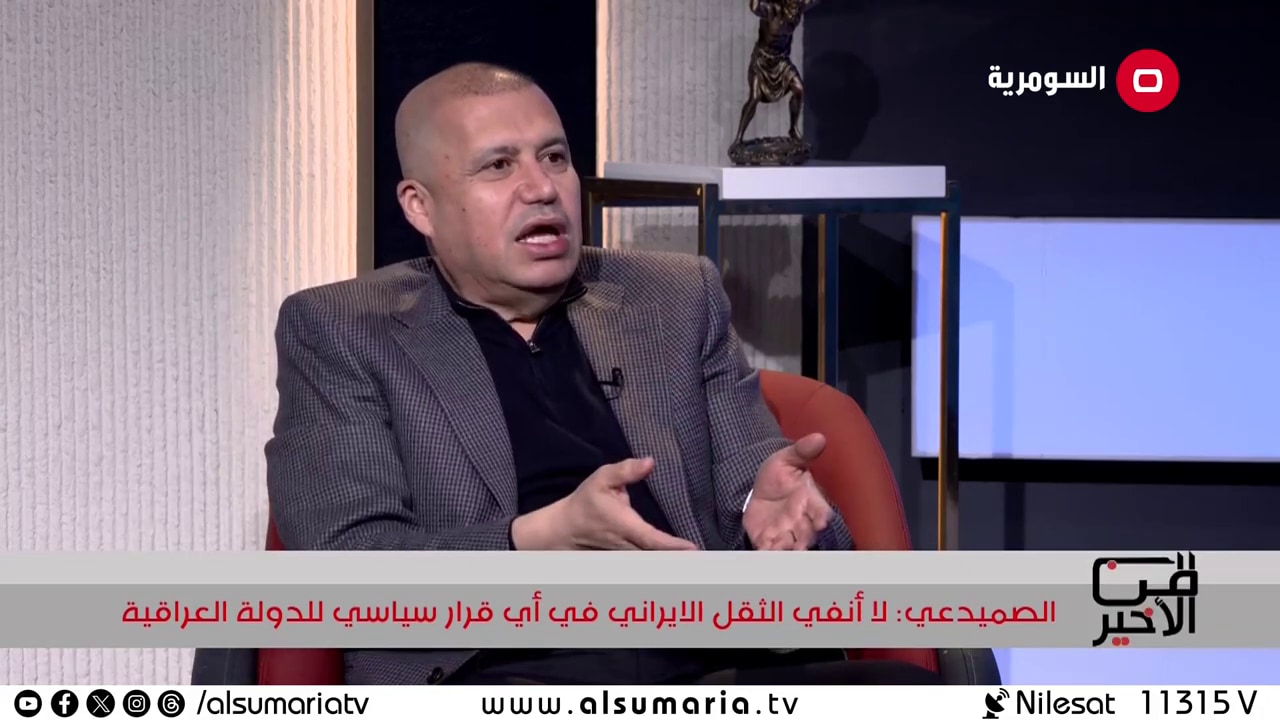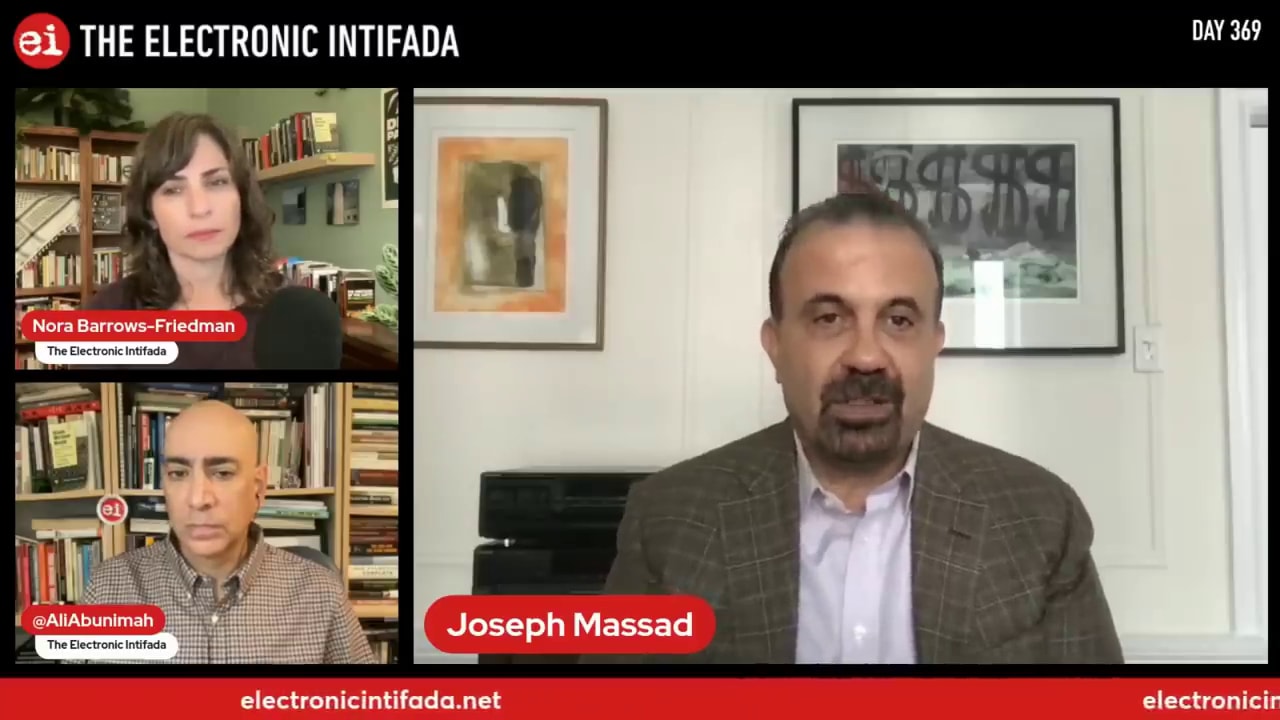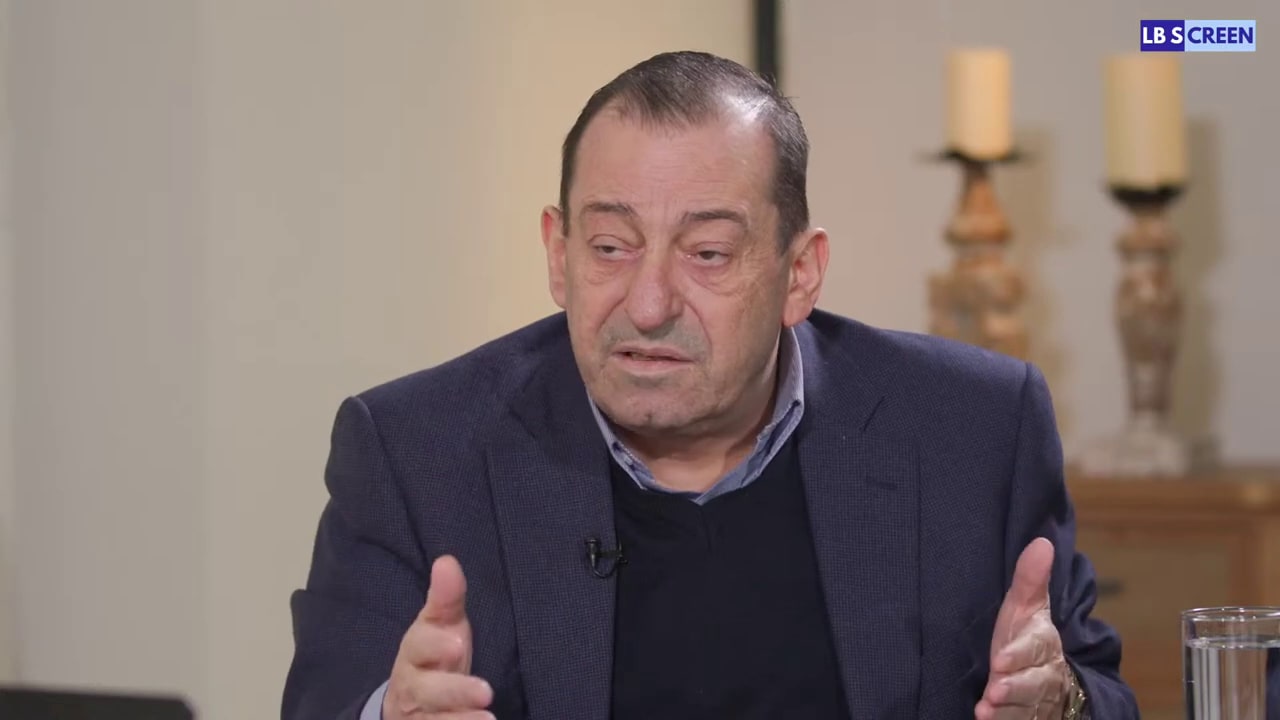
Former Jordanian Foreign Minister Marwan Muasher said in an interview with Dubai TV that the Arab world should reexamine its economic systems. He said that the Arab world must transition into a system that is based on “production and efficiency” instead of revenue-gathering. Muasher continued to say that this transition can only take place if there is a reform in the political systems that would increase the inclusion of citizens in the decision-making process. When asked if this explains the recent waves of protest in Arab countries, such as Iraq and Lebanon, Muasher said that these protests are a more mature version of the 2011 [“Arab Spring”] protests. He explained that these are peaceful protests, which remain so even when they are met by violence, like in Iraq. Muasher continued to say that in most Arab countries, the end of the 2011 protests came when the regimes told the protesters that they must accept them and their authoritarianism or descend into chaos. However, the protesters now do not accept this dichotomy, saying that they want “third options” that are more secular-civilian and inclusive, and they demand a “serious fight against corruption.” Muasher added that although these demands have all been met with a refusal by the regimes, he does not think that “we can turn the clock back.” He added that the process will not be easy or fast, but every wave of protest is another step towards change in the region. The interview was aired on December 25, 2019.
Marwan Muasher: The systems that the Arab world has employed to manage its resources – and even the ruling systems – are in need of a serious reexamination. We cannot continue in the same way as things were in the past. The results are clear before our eyes. We must adopt economic systems that are not based on revenue-gathering, but rather on production and efficiency. This requires changes in legislation, providing the private sector with greater opportunities. It also requires inclusive political systems that will be interested in allowing people to take a bigger part in the decision-making. In the Arab world, we can no longer talk, in my opinion, about economic reforms that are not accompanied by political reforms.
Interviewer: Perhaps this explains the protests in several Arab countries. We see these protests on a daily basis in Lebanon as well as in Iraq. Do you consider this wave of protest more mature than that of 2011?
Marwan Muasher: Without a doubt. If we look at what is going on in Iraq, in Lebanon, in Algeria, and in Sudan – all these [demonstrations] are peaceful. Even when they were faced with violence, like in the case of Iraq, the protests of the people have been peaceful. It is also more mature in the sense that… The first wave [or protests] ended, in many cases, with eh Arab states telling their citizens: Either you accept us and our authoritarianism, or you will face chaos. Now however, it is as if the citizens of those four countries are saying: “From now on, we will not accept this binary division. The choice should not be between you and chaos. We want third options that will be more secular-civilian and more inclusive, and we want there to be a serious fight against corruption.” This is true for all those four countries…
Interviewer: These demands are clear, but does anyone listen? Is there any positive response? Does anyone lend a friendly ear?
Marwan Muasher: They will listen in stages. In many Arab countries, we have seen refusal to listen to the people’s demands. However, I don’t think we can turn the clock back. The change will not be smooth, easy, or fast, but I view every wave of these protests as another attempt by the region to make the governments understand that it is time to reexamine their systems.
[…]














